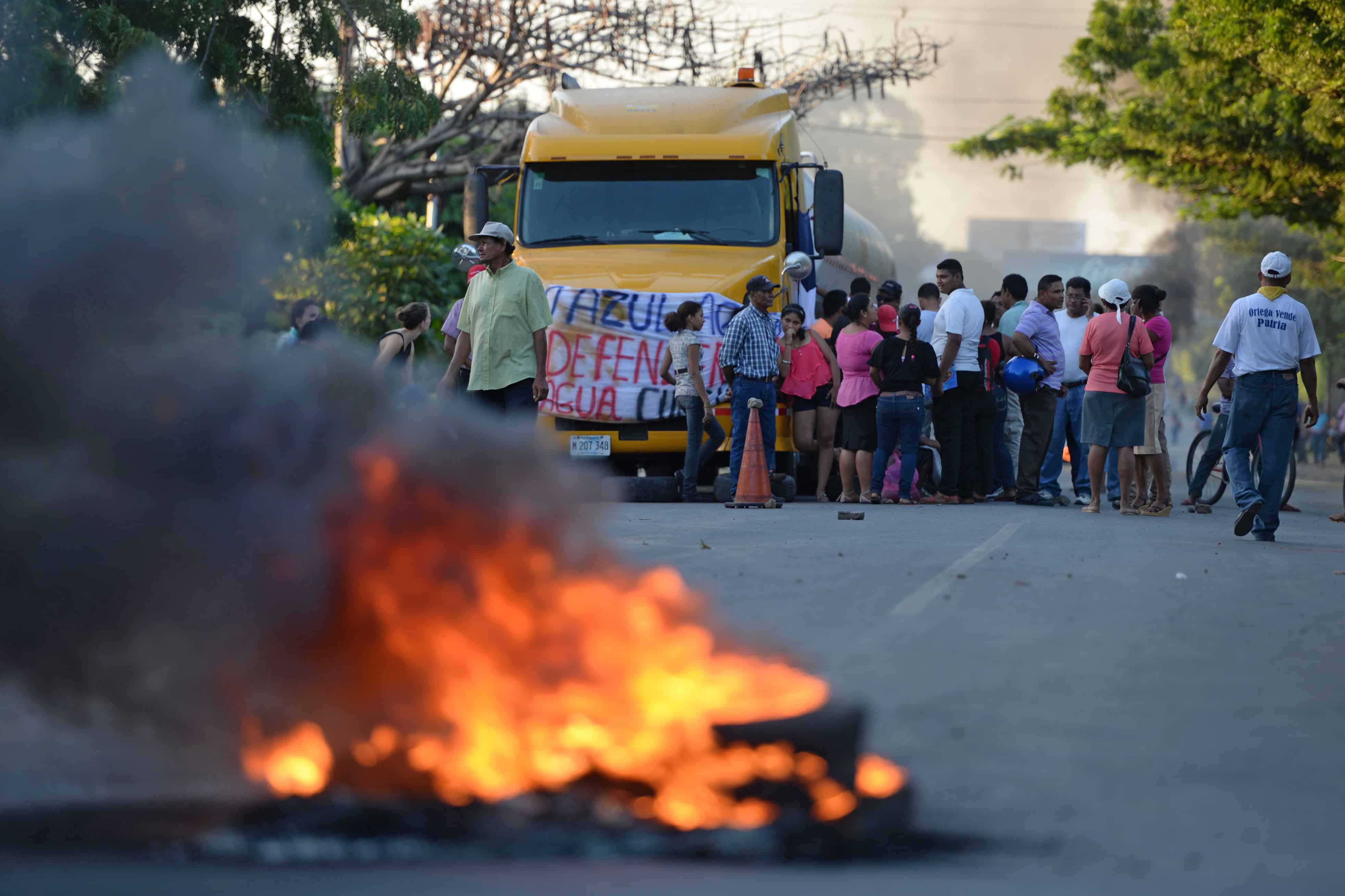Nicaragua’s periodic detention of foreign activists, journalists and researchers, and its upcoming election, have caused the governments of the United States and Costa Rica to warn their citizens about visiting the country.
The U.S. State Department issued a travel alert on June 29 for U.S. citizens thinking about visiting Nicaragua. The State Department alert cautions U.S. citizens of “heightened sensitivity” by Nicaraguan officials regarding the elections, the controversial interoceanic canal and volunteer or charitable visits.
“Nicaraguan authorities have denied entry to, detained, questioned, or expelled foreigners, including U.S. government officials, academics, NGO workers, and journalists, for discussions, written reports or articles, photographs, and/or videos related to these topics,” the alert reads.
The travel alert also notes that the Nicaraguan government now requires advance notice through its embassy in the U.S. of any volunteer work trip or charitable visit to the country. The alert also warns visitors that election-related demonstrations have turned violent in the past.
Nicaragua will hold presidential and legislative elections on November 6. President Daniel Ortega is running for a third consecutive term.
No room for dissent on canal
The interoceanic canal has been a particularly sensitive subject for the Nicaraguan government. On June 14, the government expelled a group of U.S. government officials, including a Latin America studies professor from the U.S. Army War College who was reportedly researching the canal project.
On June 25, Nicaragua detained Costa Rican environmental and indigenous rights activist Byron Reyes and five other foreigners for alleged possession of explosives in the town of Nueva Guinea, in the South Caribbean Autonomous Region. The detainees had been conducting a workshop on environmentally-friendly wood stoves.
The police noted that the house where the alleged explosion took place (the activists say it was a small, accidental fire) belonged to Francisca Ramírez Torres, a local leader of opposition to the canal. The detained activists were deported two days later.
Reyes said Nicaraguan migration authorities verbally intimidated him and his colleagues after they were detained, demanding to know which organization financed them and what they knew about the canal, according to the news wire AFP.
In 2015, Nicaraguan police detained at least five foreign journalists working on stories about the planned canal, including a reporter for The Tico Times.
Costa Rica has had a travel alert in effect for Nicaragua since last year.






